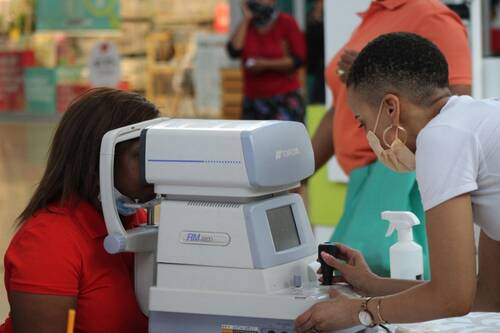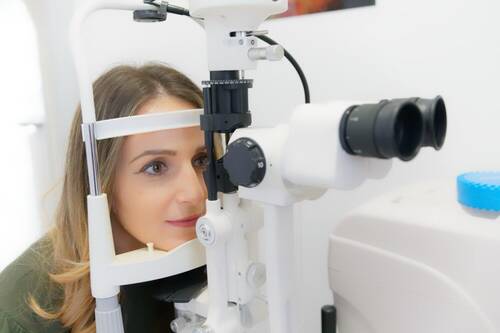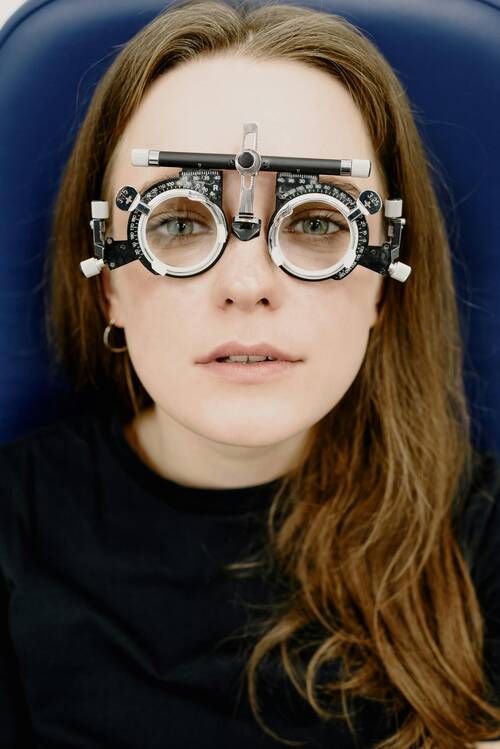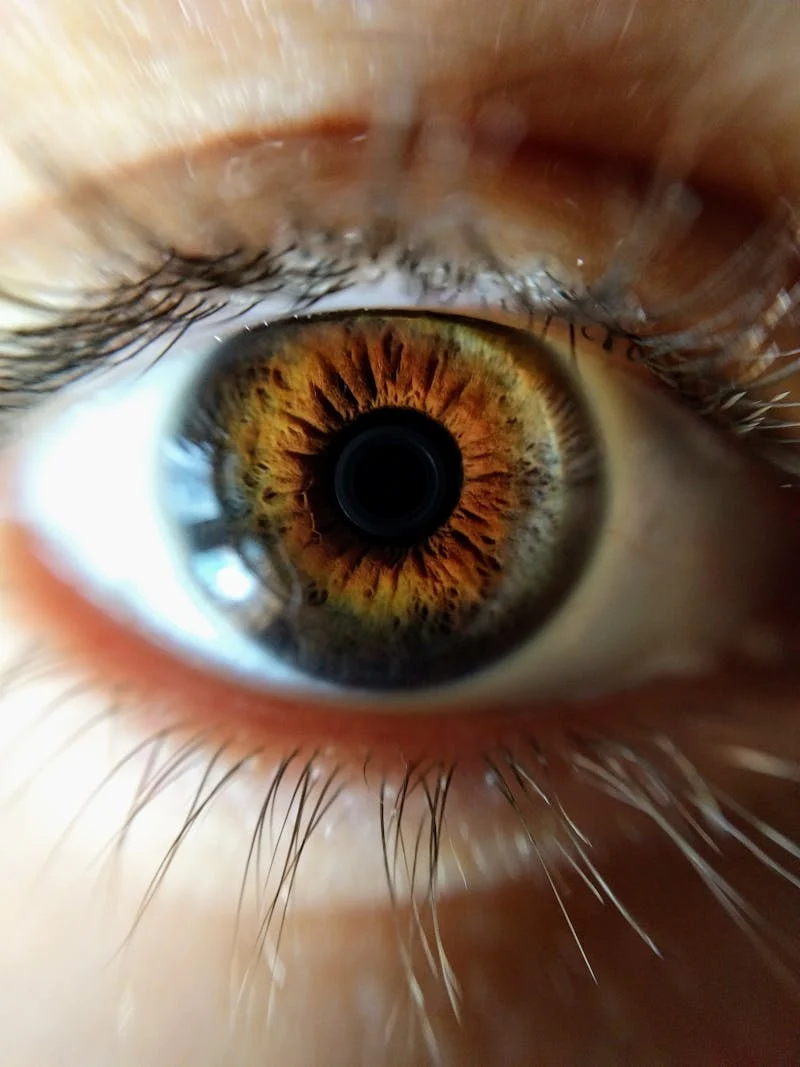In a country like the United Arab Emirates (UAE), with its glittering skyline and bustling streets, having
poor eyesight can cause you to miss out on so much.
Imagine not being able to fully
appreciate the awe-inspiring architecture of the Burj Khalifa or the sparkling waters of the Palm Jumeirah. Picture struggling to navigate the vibrant souks and bustling malls, unable to
soak in the rich culture and intricate details of the treasures on display.
Poor eyesight might even rob you of the simple joys of watching the sun set over the desert horizon or enjoying dolphin encounters in the best marine-themed parks in the country.
Having a clear vision opens up a world of endless possibilities in a city teeming with life and wonder. This guide will help ensure you never miss a moment of Emirati magic with seven simple tips for maintaining healthy eyesight.
1. Watch Your Diet
Good eyesight begins with what you eat. Omega-3 fatty acids, lutein, zinc, vitamin C, and vitamin E are some of the nutrients you need to maintain your eye health.
- Incorporate foods like carrots, sweet potatoes, and citrus fruits for vitamins A and C.
- Enjoy almonds, spinach, and cold-water fish like salmon for vitamin E, lutein, and omega-3 fatty acids.
- Don’t forget zinc-rich foods like beans and lean meats.
A balanced diet supports healthy eyes and helps reduce your risk of
obesity and type 2 diabetes, major contributors to vision loss.
(more…)





